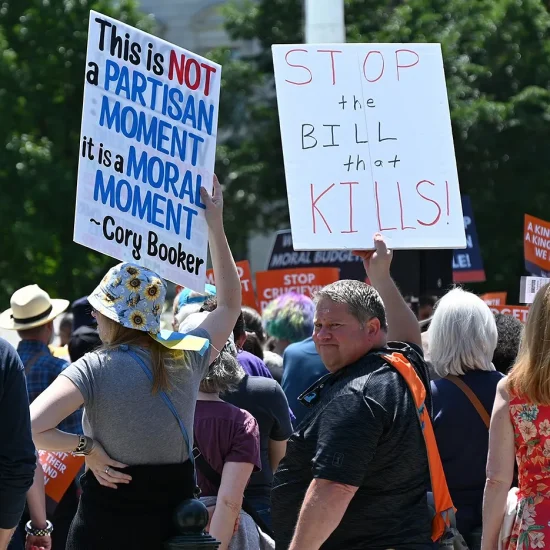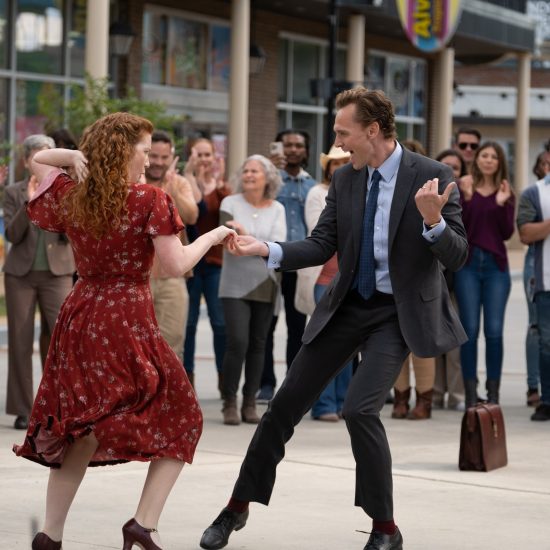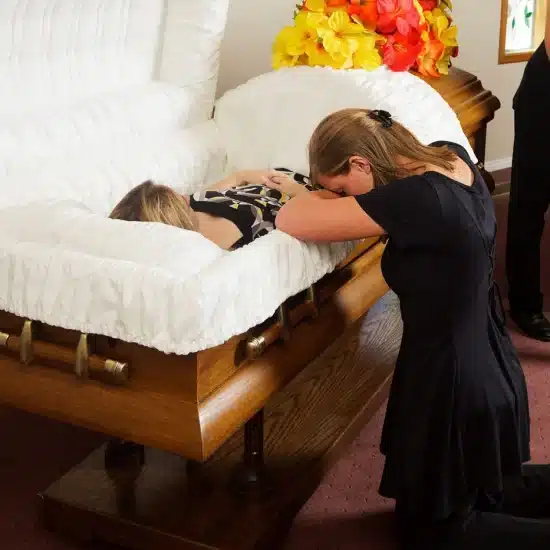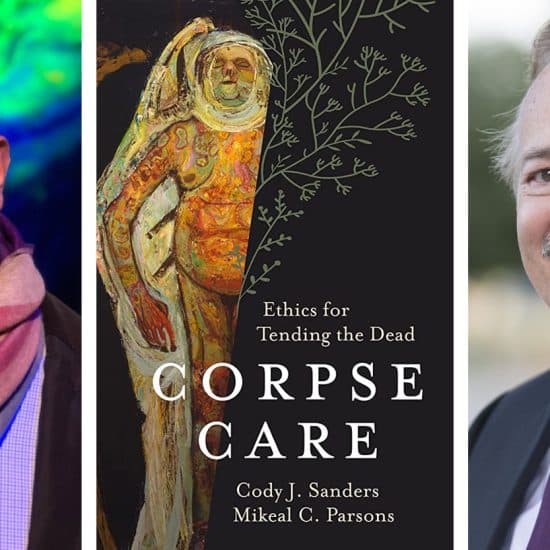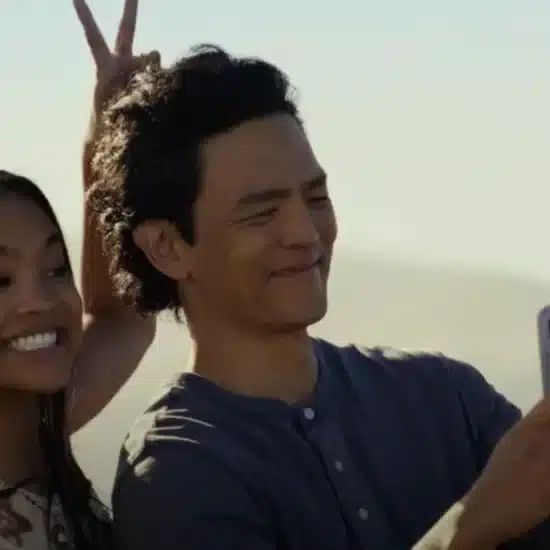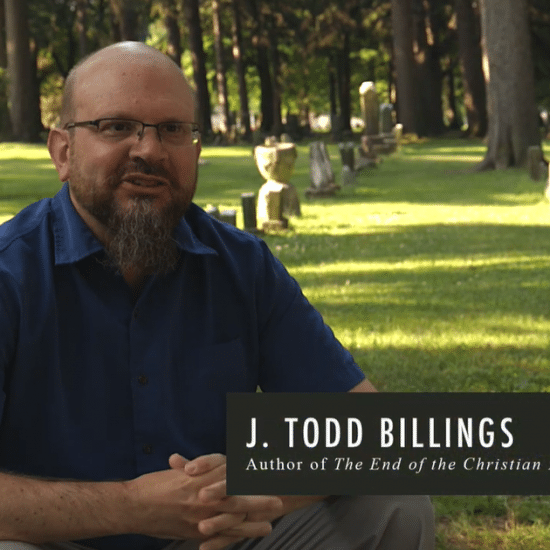By Bill Webb
Word&Way Editor
I have vested interests in frequently urging people to consider organ donation for themselves and loved ones:
 First, I have a close relative — an uncle — who received a heart transplant a dozen or so years ago. Without it, he probably wouldn't be around today to share life with his wife, his children, his grandchildren and the rest of us. He is still with us today.
First, I have a close relative — an uncle — who received a heart transplant a dozen or so years ago. Without it, he probably wouldn't be around today to share life with his wife, his children, his grandchildren and the rest of us. He is still with us today.
Second, I have friends who may need organ transplants in the future. The more organs that are made available for transplant, the greater the likelihood that a suitable match will be found should that need arise. I would like my friends and relatives to have a chance at extending their lives through the thoughtfulness of others. In fact, I would want the same for anyone else's child, parent or grandparent.
Third, I also have friends who — in the midst of overwhelming grief — made the incredible decision to spare other families what they were experiencing. They authorized usable organs of their deceased loved one to potentially save the lives of some people and to improve the quality of life of many others. What a treasure to know that a single life – perhaps a life cut short — could so deeply impact so many other individuals and families for good.
The key to making that kind of organ donation happen is to make a decision in advance of personal tragedy. At the deepest level, such a decision is akin to estate planning. Effectively planning through the end of life means anticipating every possible eventuality. Even if we are wealthy, few of us could leave anything more valuable than a second chance at life for another human being.
Organ donation at death is very consistent with Christian theology. We say we believe that when we die, our earthly bodies deteriorate and return to dust. No one disputes that. We believe that in the hereafter our souls take on new bodies, not overhauls of the ones in which we currently live. We have no need or vested interest in our bodies once we vacate them.
But God has given modern medicine the wisdom to recycle healthy organs — things like hearts, lungs, kidneys, livers, corneas and even skin. It seems to me that those who want to make sure that scientific and medical research do not move beyond ethical limits would want to encourage programs like organ donation.
How does a person make it happen?
One place to begin is the State of Missouri Department of Health and Senior Services Organ Donor Registry. There are two ways to get your name into the registry database: (1) When you get your driver's license in Missouri, you will be asked if you want your name placed on the registry as a potential organ donor. Just say "yes." DHSS says that 6,000 to 10,000 people sign up each week. The Missouri Department of Revenue transfers that information to the registry database. (2) Go to www.dhss.mo.gov/OrganDonor/and download an enrollment form. Mail the completed form to the Department of Health and Senior Services, Organ Donor Registry, P.O. Box 570, Jefferson City, MO 65102. DHSS will send you a confirmation letter.
Let's say you die in a hospital. Your name will surface in the database and the information will be forwarded to hospital personnel, who will share your wishes with your loved ones. The decision either to donate your organs or not will be made by them, but many families have been helped in their decision by having a record of a loved one's wishes.
It also will help you and your loved ones to talk in advance about your wishes in such a circumstance — and their wishes, too. A decision made well before a time of grief will be a decision that will spare survivors a great deal of stress and confusion.
For all of the reasons mentioned above, consider making your organs available at the time of your death. Other programs help people know how to make donations of kidneys and bone marrow while they are living. That information is readily available, too.
Some of the best contributions we can make to speak out for life may well come after we are gone. But a simple, thoughtful decision has the potential of life-giving and life-enhancing futures for many others.

